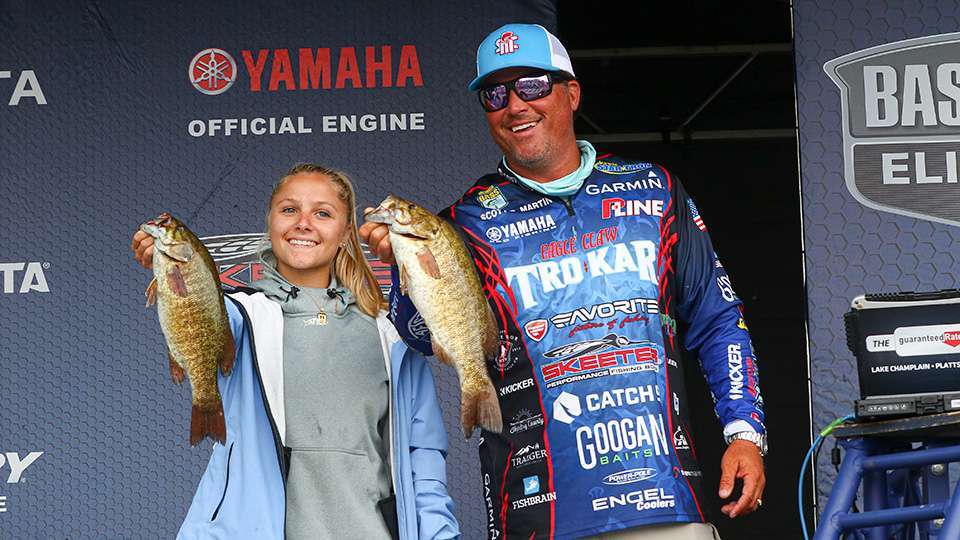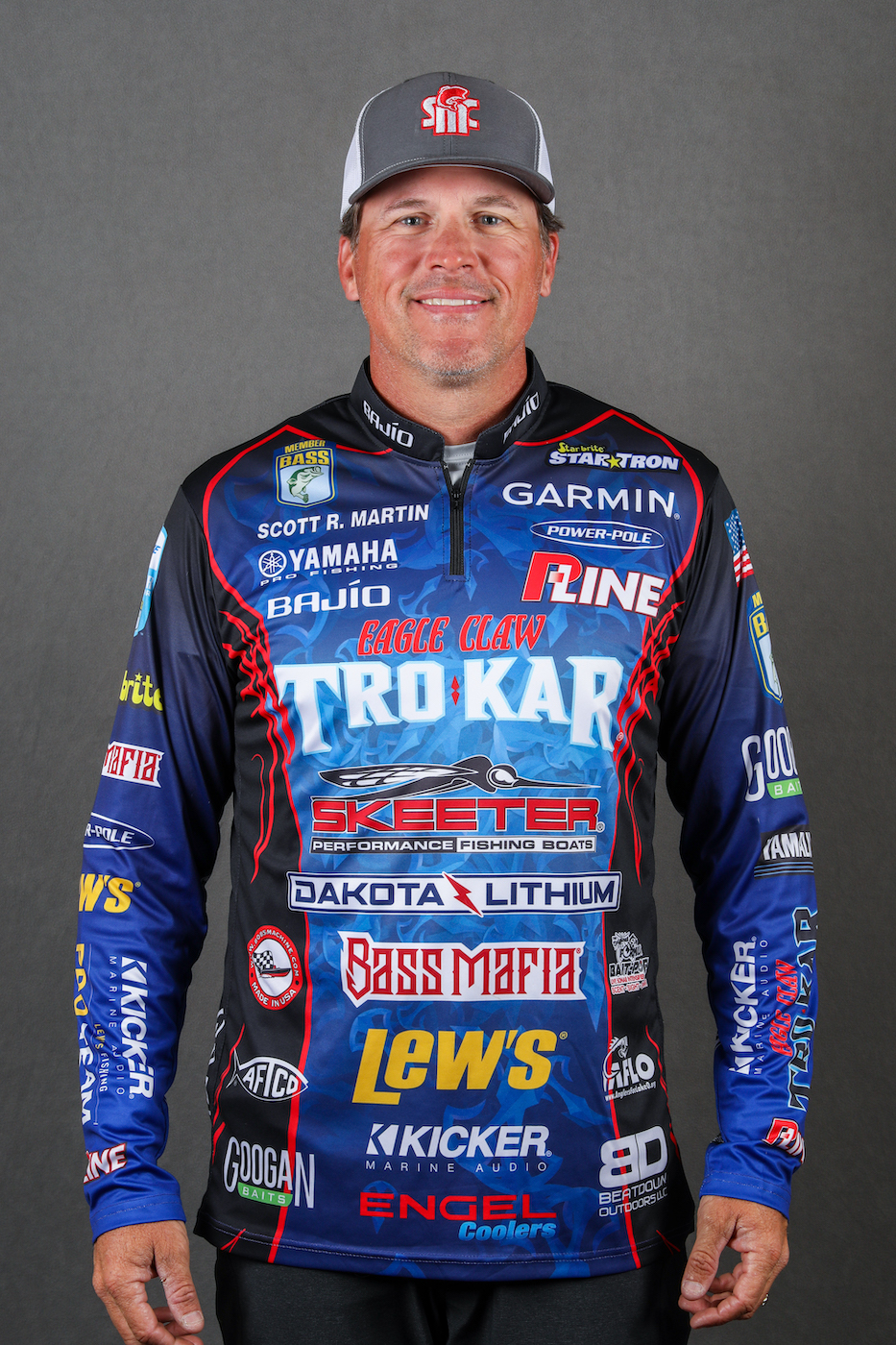
This may sound surprising, but I haven’t opened a rod locker on my bass boat since the final Bassmaster Elite Series event on the St. Lawrence River. I’m still a little mad at them, and I need a break.
I’ll be fine, but I’m in a little bit of a weird spot. I think what it comes down to is a significant change in routine.
During the 20 years I spent with another major trail, I had a routine that started in February and ended in July. Then I threw all of that out the window and took on the challenge of qualifying for the Bassmaster Elite series through the 2020 Bassmaster Opens.
That turned out to be the most stressful decision of my fishing career — both financially and professionally. We fished all the way to December, and it was intense right until the last cast of the last day of the Lay Lake event.
Then, we jumped right into the Elite season in February of this year. I didn’t even have enough time to exhale before starting the intense process of trying to qualify for the Bassmaster Classic, trying to make checks and trying to do everything to do well in these tournaments.
So, instead of having my usual schedule of about eight months on (including media and promotional work) and four months off, I’ve had about a month off in the past two years.
After evaluating my first Elite season, I give myself a C+, mostly because I fished differently this year. I had to fish focused on points, and that’s not something I’ve ever focused on. I fished conservatively at some of the events, and in hindsight, that didn’t serve me well.
I didn’t take the risks I used to take. In the past, if I saw a legitimate way — and I stress the word “legitimate” — to win a tournament, I usually went that way. I avoided that a couple times this year, and those were the ones that hurt me.
Getting back to my opening comment, the biggest disappointment was the St. Lawrence River event. I was unfamiliar with the part of the river where the event was held and that falls on me for not knowing. But I didn’t understand the way fish react to certain weather conditions and the way they move in current.
In that event, I saw an opportunity to win by running out to Lake Ontario. Not knowing much about this fishery, I was concerned that if the waves were too big, it was a two-hour run back. So, I fished more conservatively and stayed close to takeoff.
The other disappointing event was the first tournament of the year on the St. Johns River. In Florida, the fish spawn in waves, and my mistake there was not exploring enough of the river to catch the wave. I just buckled down in one area.
The St. Johns and the St. Lawrence were the two tournaments where I said, “I’m going to fish a little conservatively.” I didn’t want to start off my Elite career bombing the tournament, so I tried to fish consistently and that backfired.
Then, at the last tournament of the year, everybody said, “Just come in 60th and you’ll make the Classic.” So, I’m aiming at 60th and, again, I try to fish conservatively. I didn’t catch ‘em.
I’m not saying you swing for the fences; that’s not my point. But when you’ve done this for 20 years, you just know: I have an opportunity to do well if I do these things. Then, you have those tournaments where you don’t have a clear picture.
So, my point is this: The times you do have that clear picture of a legitimate course to victory, you have to go for it. And when you don’t, you just have to fish your guts out.
When you aim for 50th and you miss, you might come in 80th If you aim for the Top 10 and miss, you might come in 30th, 40th or 50th. That’s a really important point because you hear that Elites catch ‘em, and they really do.
That means you have to find a way to catch what’s in the lake because these Elite guys really find everything. This is an impressive group. These guys are good; there are no slouches on the Elite Series.

